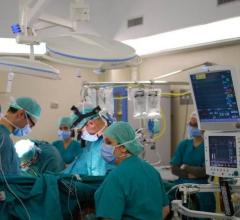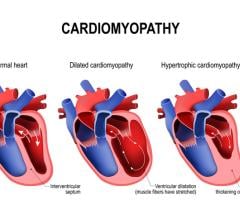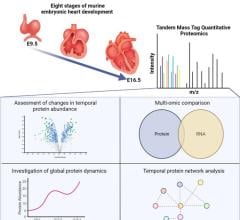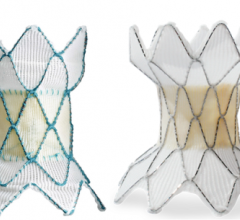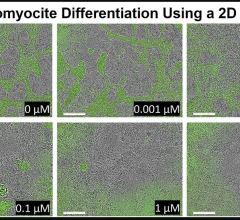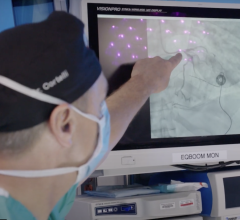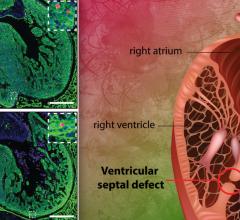
July 19, 2016 — Dictum Health Inc. announced the launch of a post-U.S. Food and Drug Administration (FDA)-approval study of its end-to-end telehealth care-delivery system with University of California Davis Medical Center in Sacramento.
The study will demonstrate the effectiveness of Dictum Health’s end-to-end telehealth system, built upon its FDA-cleared, cyber-secure IDM100 integrated medical tablet. The tablet uses a HIPAA-compliant cloud and Care Central portal that enables a completely private Virtual Exam Room (VER) for in-home monitoring of high-risk infants. The neonatal cardiac care team will monitor the patients remotely and conduct examinations using VER. The goal is to improve clinical outcomes of children who have undergone surgery for single-ventricle hypoplastic left heart syndrome and are receiving post-surgical care at home.
Patients will use the VER to see a physician while simultaneously streaming real-time vital signs, cardiopulmonary data, medical images, analytics and trending information. Each of the 25 patients selected each year for the study will be assigned an IDM100 tablet upon hospital discharge for regular monitoring at home using live video and vital-signs management functions.
The study will evaluate how the VER’s live video streaming, vital-signs management and simultaneous real-time biometric data streaming through a secure, Web-enabled portal enhances home monitoring of at-risk infants. The study will also measure hospital readmission rates for these post-surgical patients and assess levels of acceptance of this technology by both providers and family caregivers.
For more information: www.dictumhealth.com


 March 31, 2025
March 31, 2025 

